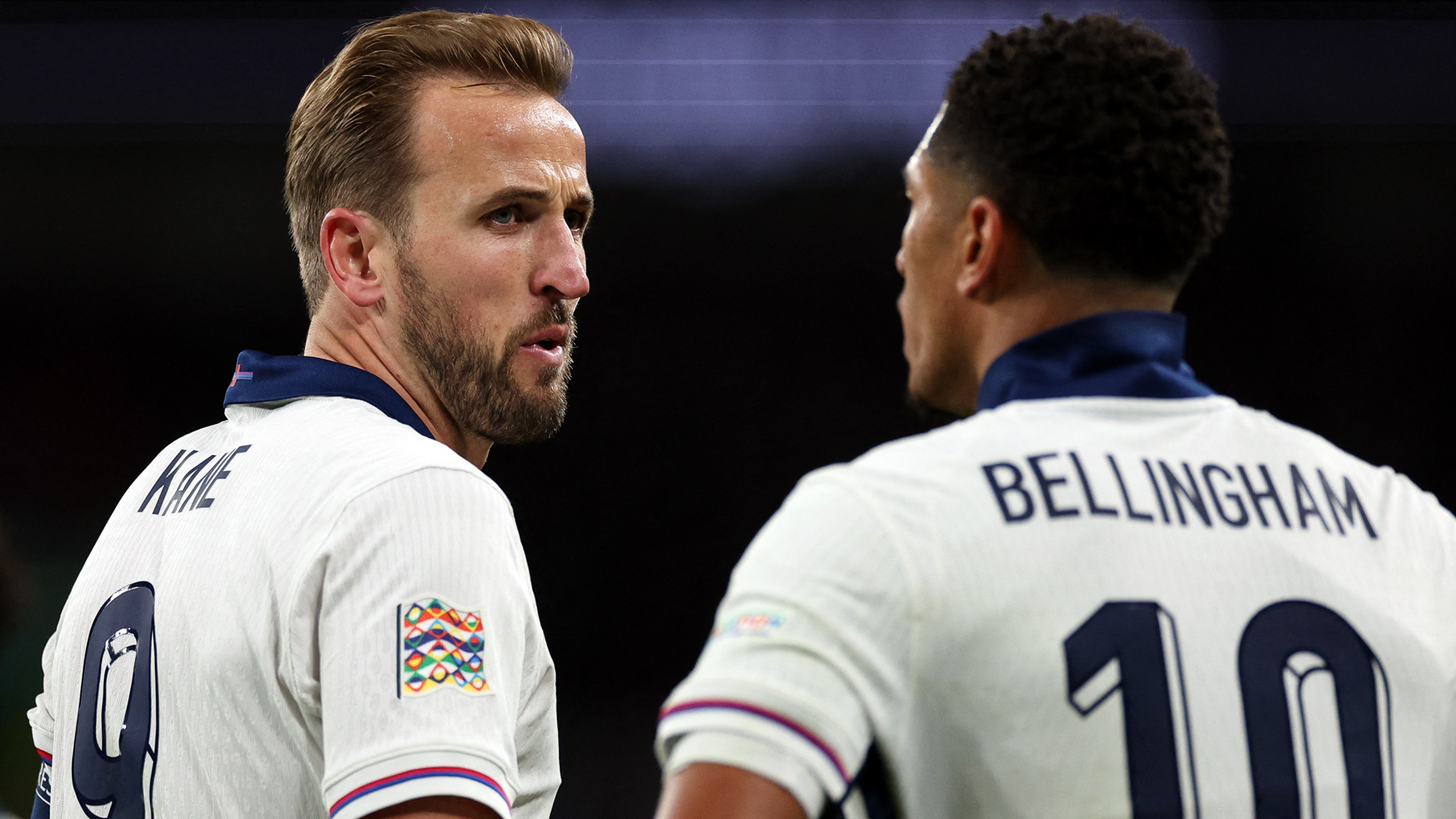Thomas Tuchel faces ranking reality for England
Thomas Tuchel stepped into the England job on 1 January with the express aim of ending six decades of disappointment, yet respected voices are already warning that the Three Lions may not even rank among the planet’s top half-dozen contenders.
Thomas Tuchel told England are outside the elite
Former national-team defender Tony Dorigo, speaking to GOAL on behalf of Leeuwslots, delivered a blunt assessment: recent laboured qualifying wins and a friendly defeat to Senegal mean England currently fall short of the “top five or six” international heavyweights. Dorigo’s remarks add early pressure on Tuchel, whose 18-month contract runs only until the 2026 World Cup in the United States, Canada and Mexico.
Can England jump into the global top tier?
Dorigo’s critique hinges on two pillars: performance levels and squad cohesion. England’s nine points from three qualifiers look comfortable on paper, but narrow score-lines against modest opposition underline a lack of fluency. Tuchel’s first task is to forge an identity that maximises the talents of Harry Kane, Jude Bellingham and Bukayo Saka while finally solving the perennial playmaker conundrum in midfield.
Experience versus evolution
The 51-year-old coach has leaned on established names, selecting the likes of Jordan Henderson and Kyle Walker ahead of emerging stars. Dorigo argues that familiarity can mask deeper issues: “There’s no point collecting the best individuals; you need the best team.” Tuchel, famed for detailed tactical blueprints at Chelsea and Paris Saint-Germain, insists these choices are experiments designed to test character and adaptability before the World Cup spotlight.
Thomas Tuchel’s tactical puzzle
At Chelsea, Thomas Tuchel built success on a flexible 3-4-3 that morphed into a 5-2-2-1 when defending. Replicating that shape at international level is trickier. England’s full-back depth is enviable, yet injuries to Luke Shaw and Reece James have hampered rehearsal time. Meanwhile, a 4-2-3-1 remains popular with the fanbase, who crave front-foot football. Balancing pragmatism and entertainment is a storyline that will dominate the next 12 months.
Measuring up against the ‘big boys’
Brazil and Argentina bring recent Copa América pedigree; France boast tournament nous and a certain Kylian Mbappé; Spain’s young core is gelled by Barcelona’s academy; Germany, revitalised under Julian Nagelsmann, are hosts of Euro 2024. Dorigo’s assertion that England sit below this quintet seems plausible when viewed through the lens of silverware. The 1966 triumph remains England’s lone men’s World Cup success, and penalty-shoot-out heartbreaks continue to haunt the collective psyche.
Journey to 2026: key dates for England
• 6 September: Andorra visit Wembley in qualifying
• 9 September: Away trip to Serbia
• October window: Double-header versus Finland and Slovenia
• March 2025: Final qualifiers, followed by a likely Nations League campaign
The schedule affords limited contact time. International managers often count actual training days rather than months: Tuchel will have roughly 30 sessions to mould a champion-capable unit.
Youth pipeline offers hope
While Dorigo questions England’s standing, he does acknowledge a production line that other nations envy. Cole Palmer’s seamless rise at Chelsea, Kobbie Mainoo’s midfield maturity at Manchester United and Rico Lewis’s versatility at Manchester City hint at depth that could alter perceptions quickly. Integrated correctly, the new generation can sharpen the competitive edge that separates top-six sides from the chasing pack.
The psychology of tournament football
Thomas Tuchel’s Champions League pedigree shows he can navigate knockout drama. One of his Chelsea masterstrokes was instilling calm under pressure, epitomised by the 2021 win against Manchester City in Porto. Recreating that mentality for England means exorcising old ghosts—particularly the semi-final defeat at Russia 2018 and the Euro 2020 final loss on penalties. Sports psychologists have already been drafted in to shift mind-sets from fear of failure to hunger for glory.
Thomas Tuchel’s success metrics
1. Qualify with a 100 % record and improved goal difference.
2. Establish a clear first-choice system before Euro 2024 warm-ups.
3. Integrate at least three under-23 players into the senior XI.
4. Reach the Euro 2024 semi-final, building momentum toward 2026.
Hit those targets and England’s ranking narrative may transform, pushing them into Dorigo’s vaunted “top five or six”.
Financial and cultural stakes
The Football Association invested heavily in St George’s Park and data-driven scouting, expecting tangible returns. A deep World Cup run would reportedly boost the national game by £1 billion through sponsorship and grassroots funding. More intangibly, success would unite a fractured fanbase and inspire the next generation, much as the Lionesses’ Euro triumph did in 2022.
Conclusion: reality check or rallying cry?
Thomas Tuchel faces the dual reality of elevated expectations and stark external assessments. Dorigo’s comments act as both warning and motivation. England may currently fall short of the sport’s royalty, yet the margin is not insurmountable. With tactical clarity, brave selections and mental resilience, the Three Lions can claw their way into the elite conversation before the 2026 World Cup curtain rises.
Opinion: Dorigo’s critique, though harsh, could be the jolt England need. Tuchel thrives on adversity; if he channels this scepticism into sharper performances and bold squad evolution, the “big boys” might soon find a new rival crashing their exclusive party.
Your global gateway to nonstop football coverage:
News Goal
Share this content:

